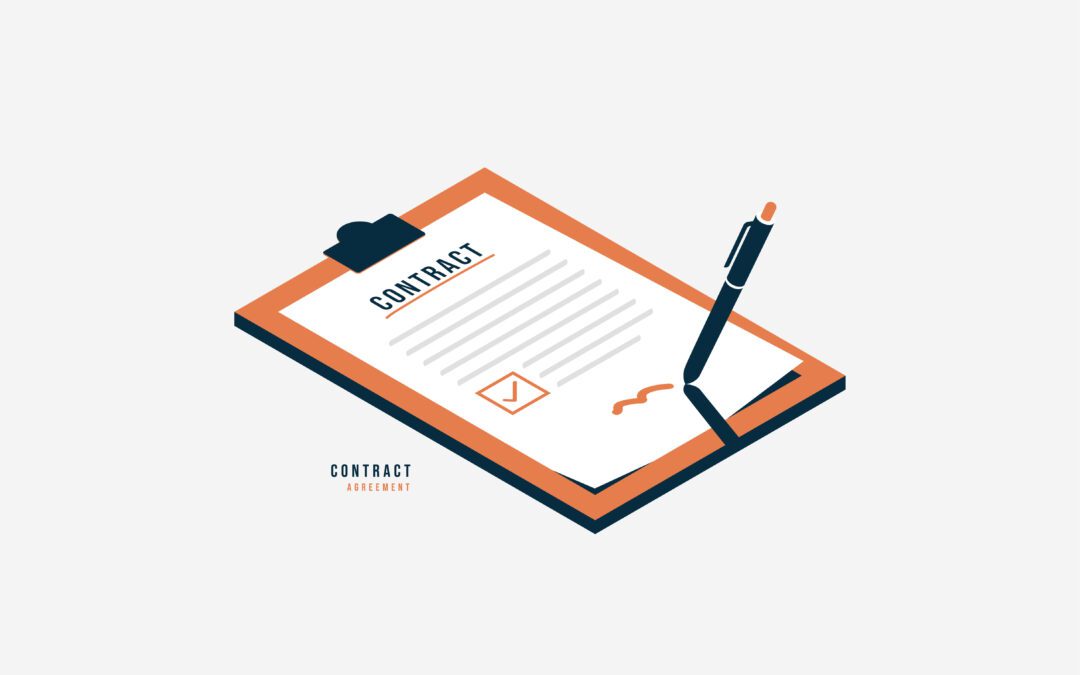PUBLISHING
Picture this. You are a writer who just landed a book deal with BigTime Publisher. And, you did it without an agent. So excited because you don’t have to split your advance with an agent. You received the 35-page publishing contract, but you don’t understand a word of it. The publishers wants your signature in a week. Now what?
Benefits of an Publishing Attorney
One advantage to having an agent is you have an advocate. They will usually get the book deal, but if you were able to obtain a deal without an agent, they can help you with the contract. Your other option is to hire a publishing attorney with not only contract experience but a strong understanding of intellectual property law. While you may only be focused on the size of your advance, a competent publishing attorney will ensure ALL of your intellectual property rights are protected.
There are intellectual property implications to every contract, especially publishing agreements. Although it is difficult to determine how your publishing agreement (or book contract) will affect you over the long term, the decisions you make on your current publishing agreement could have long term consequences. If your book is successful, you and your literary agent and your publisher will be bound by the terms of any agreements you sign (literary agent agreement and publishing agreement) for a very long time. For this reason, you should use an attorney to negotiate these agreements to avoid any unforeseeable legal issues. A knowledgeable book attorney can help you avoid legal problems before they occur, and draft a publishing agreement that adds value to your creative portfolio over the long term.
For example, without competent guidance, you might be lulled into believing the “Delivery” clause in your book contract simply means getting a draft of your book to the publisher by the due date, or even a few days later. Well guess what, it doesn’t. And, operating under such an illusion could prevent you from getting published, or requiring repayment of your advance–in FULL!
When it comes to publishing agreements, clarity is of utmost importance. If the agreement is drafted with inconsistencies, and a dispute arises in the future, this could spell problems for you in your relationship with the publisher, or your agent, if you do have one. If you begin your publishing career with a well negotiated book contract, your attorney can anticipate the disputes that may transpire, which will save you time and a significant amount of money in legal fees, in the event of a dispute. Plus, all of the weaknesses in the agreement should be taken care of with your interests in mind, BEFORE you sign on the dotted line. Further, in this age of the Internet, it’s important to spell out the details—in writing—regarding print, electronic versions, and other versions created in a technology now known or later developed.
Key Elements of a Publishing Agreement
A typical book contract contains specific elements that will cover your relationship with the publisher over the long term. Keep in mind that there are many specific details under each of the elements, which your attorney should handle during the publishing agreement negotiation process.
Description: This section should clearly describe what the publishing agreement is for and include the details of the publication as well as the identification of both parties. Allowing this section to be vague can cause problems later on.
Grant of Rights and Territory: In this section, you’ll likely find details about the rights you have giving the publisher, such as English worldwide, English in the US and its territories, and foreign rights. Here you’ll also find general information as to which derivative rights and other ancillary rights you’re giving up, or have reserved.
Subsidiary Rights: For an entrepreneur-author, this is one of the most important sections in the entire publishing agreement. It determines what rights you keep and what rights you give away, such as merchandising, serial, dramatic, audio, video, movie, television, and/or foreign rights, etc. Often overlooked until it’s too late, many an author who wanted to create derivative and re-purposed products, based on their book, discovered after the fact that they could not, because they signed away those rights to the publisher, or the agent.
Manuscript Delivery: This section of the publishing agreement defines all of the delivery requirements in detail, as well as the terms for acceptance of the manuscript, such as when it’s due, in what form, how many pages or words, and if time is of the essence.
Copyright Ownership: This is one of the many sections, in the publishing agreement, where your intellectual property rights are triggered. Who owns the rights to your creative work, for how long, is there a requirement that the publisher register your work in the US or must you, is there a requirement that your publisher register your copyright in other countries or must you?
Author Warranty: By far, this is one of the most important contract provisions in a publishing agreement, and, it is one taken most for granted. This section essentially says that anything you claim to be true—is in fact true. And if it is determined that you lied or misrepresented a material fact, you can pay dearly for that misrepresentation, especially if someone sues the publisher for an act of commission or omission on your part. This is a declaration that the author’s work is entirely their own and that they did not violate the rights of any third party.
Insurance Provisions: The terms of insurance are defined in this segment which includes who is covered under the publisher’s insurance and the authority of the publisher to settle any claims without the presence of the author.
Publication: The entire details of the publishing process are defined in these segments. The details include such descriptions as the right to use the author’s name, style and manner of publication, and any other details associated with publishing the book. This “right of publicity” states that no one has the right to exploit another person’s likeness, image, and/or identity without their permission. By signing a publishing agreement with this clause, you give the publisher permission to exploit your image through advertisements, displays, and promotions.
Financial Issues: This segment contains many details that cover the financial obligations of both parties throughout the agreement. It is very important to have your attorney review and carefully discuss this portion of the agreement, which includes a dialogue about an advance, when you get paid the advance, royalties, and upon what the royalties will be based.
Accounting: There are approximately a dozen steps to this segment alone which include all of the accounting statements, audit rights, and legal issues. This section defines your rights regarding when you’ll be paid, how often, what information you’ll receive in the statement, and how you go about challenging an accounting statement.
Revised Edition: This segment describes the terms under which a revised edition of the book may be published.
Out of Print: Out of Print defines the authors’ rights in the event the publication is out of print. This is an important section, as it determines when your work is out of print, and what you can do to get your rights back.
Termination: This section spells out the terms on which both parties can terminate the publishing agreement.
Other: In this section any information that does not belong under the categories of the publishing agreement can be defined in this section, such as jurisdiction, choice of law, and dispute resolution.
The information stated here is general in nature and not to be construed as legal advice. Know what you are getting into by understanding your rights. Negotiating the terms, up front, can save you pain and disappointment.
If you are interested in getting competent guidance, contact Francine TODAY.
Publishing Blogs

Common Contract Mistake
Common Contract Mistake #1. Not Having Written Agreements with EVERYONE You Do Business With. Common contract mistake. Without question, the most common contract mistake is not having the terms of an agreement memorialized in a written document. I am often taken...

AI and Patents
AI and Patents. Understanding Patent Law in the Age of AI. Patents, along with Copyrights, Trademarks, Trade Secrets, and Rights of Publicity, are one of the five areas of practice that we call intellectual property law. It protects inventions, systems, methods,...